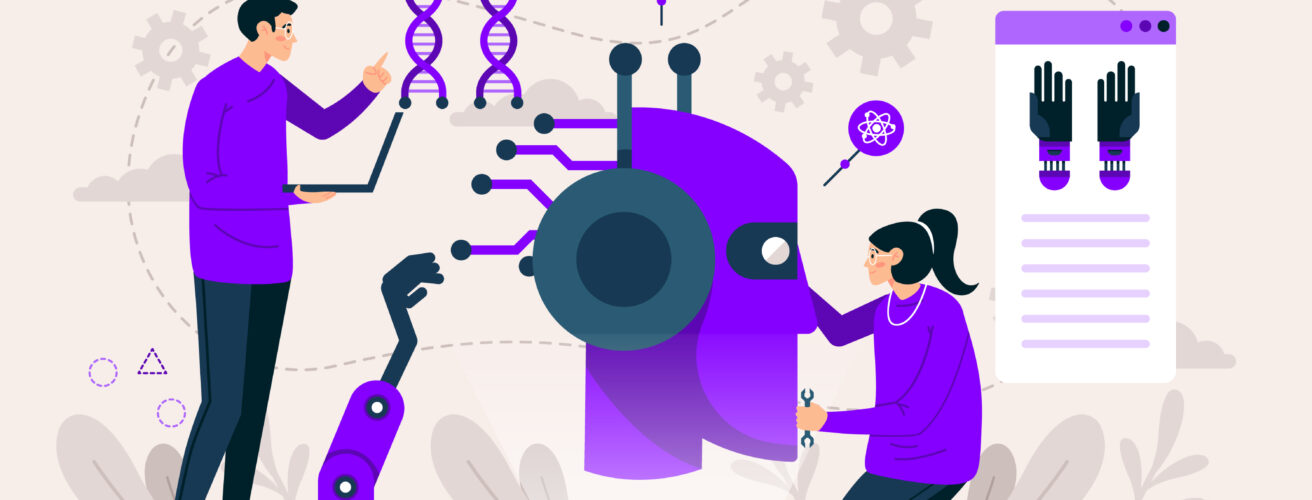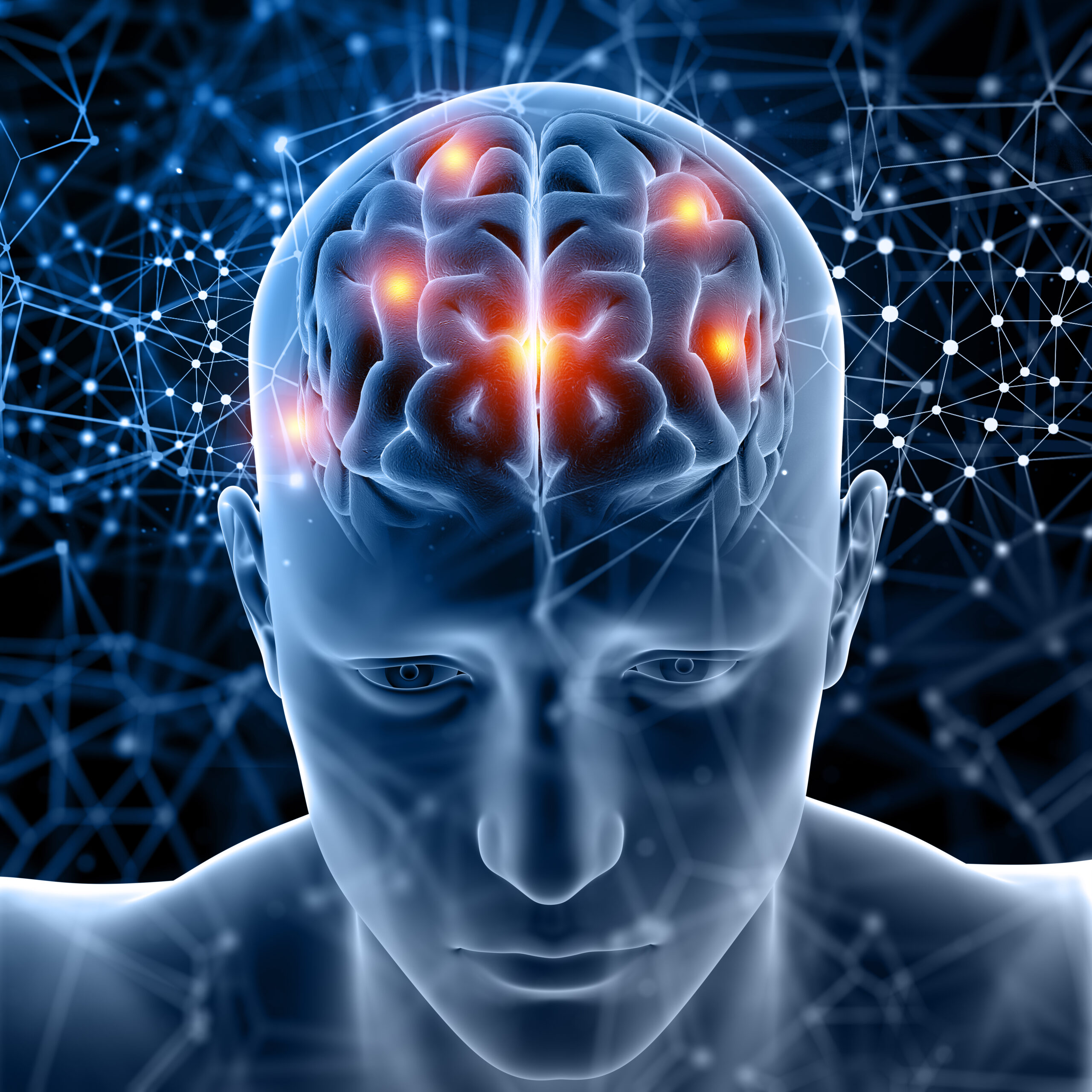Artificial Intelligence In Agriculture: Cultivating Smart Farming
In agriculture, Artificial Intelligence is fostering a new era of precision farming. By integrating AI with IoT devices, farmers can monitor crop health, soil conditions, and weather patterns in real-time. AI-powered drones and sensors gather data that helps in predicting crop yields and detecting diseases early. Machine learning algorithms analyze this data to provide actionable insights, optimizing irrigation, fertilization, and pest control. For instance, Blue River Technology’s AI-driven “See & Spray” system uses computer vision to identify and target weeds, reducing the need for herbicides and promoting sustainable farming practices.
Artificial Intelligence In Education: Personalized Learning Experiences
AI is transforming education by offering personalized learning experiences tailored to individual students’ needs. Adaptive learning platforms like DreamBox and Knewton use AI algorithms to assess students’ strengths and weaknesses, providing customized lessons that adapt in real-time. AI tutors, such as Carnegie Learning’s MATHia, offer one-on-one support, helping students grasp complex concepts at their own pace. Moreover, AI-powered tools assist educators in grading and administrative tasks, freeing up time for more interactive and engaging teaching methods.
Artificial Intelligence In Environmental Conservation: Protecting Our Planet
AI is playing a crucial role in environmental conservation efforts. By analyzing vast amounts of data from satellite imagery, AI systems can monitor deforestation, track wildlife populations, and detect illegal fishing activities. For example, Global Fishing Watch utilizes AI to analyze ship movements, identifying suspicious behavior and promoting sustainable fishing practices. Additionally, AI-driven climate models improve our understanding of climate change, helping scientists develop more accurate predictions and effective mitigation strategies.
Artificial Intelligence In Entertainment: Enhancing Creativity
The entertainment industry is embracing Artificial Intelligence to enhance creativity and streamline production processes. AI algorithms generate realistic visual effects, automate video editing, and even create original music compositions. OpenAI’s MuseNet, for example, can compose music in various styles, blending genres seamlessly. In filmmaking, AI tools like ScriptBook analyze scripts to predict box office performance and audience engagement, helping studios make informed decisions. Furthermore, AI-driven recommendation systems on platforms like Netflix and Spotify personalize content suggestions, enhancing user experience.
Retail: Transforming Shopping Experiences
Artificial Intelligence is revolutionizing the retail sector by enhancing customer experiences and optimizing operations. Through AI-powered chatbots and virtual assistants, retailers provide instant customer support, answering queries and offering product recommendations. Visual search technology allows customers to upload images and find similar products online, simplifying the shopping process. Additionally, AI-driven inventory management systems predict demand, reducing overstock and minimizing waste. Companies like Amazon use AI for dynamic pricing, adjusting prices in real-time based on market trends and customer behavior.
Transportation: Pioneering Autonomous Mobility
Artificial Intelligence is at the forefront of the transportation industry’s shift towards autonomous mobility. Self-driving cars, powered by AI algorithms, navigate complex environments, making transportation safer and more efficient. Companies like Waymo and Tesla are leading the charge, developing advanced autonomous driving systems that use machine learning to improve over time. In logistics, AI optimizes route planning and delivery schedules, reducing fuel consumption and operational costs. AI-powered traffic management systems also alleviate congestion in urban areas, enhancing overall traffic flow.
Healthcare: Revolutionizing Patient Care
While AI’s impact on healthcare is well-known, its applications continue to expand, offering new possibilities for patient care. AI-driven diagnostic tools, such as IBM Watson Health, analyze medical records and imaging data to provide accurate diagnoses and treatment recommendations. Predictive analytics identify patients at risk of chronic diseases, enabling preventive interventions. Moreover, AI-powered robotic surgery systems, like the da Vinci Surgical System, enhance precision and reduce recovery times. In drug discovery, AI accelerates the development of new medications by analyzing vast datasets to identify potential compounds.
Manufacturing: Enhancing Efficiency and Safety
AI is transforming manufacturing by enhancing efficiency and safety. Predictive maintenance systems use AI to analyze sensor data from machinery, identifying potential issues before they cause breakdowns. This reduces downtime and maintenance costs. AI-powered robots and cobots (collaborative robots) work alongside human workers, performing repetitive tasks with precision and consistency. In quality control, AI-driven vision systems inspect products for defects, ensuring high standards and reducing waste. Companies like Siemens and General Electric leverage AI to optimize supply chain operations, improving overall productivity.
Artificial Intelligence In Finance: Automating Insights and Decisions
In finance, AI is automating insights and decision-making processes. AI algorithms analyze market data to identify trends and predict stock movements, assisting traders in making informed decisions. Robo-advisors, such as Betterment and Wealthfront, offer personalized investment advice based on individual risk profiles and financial goals. AI also enhances fraud detection by analyzing transaction patterns and identifying anomalies in real-time. In banking, chatbots streamline customer service, handling routine inquiries and transactions efficiently.
Interesting fact:
AI can analyze vast amounts of data in seconds, enabling real-time decision-making in fields like healthcare, finance, and transportation, significantly enhancing efficiency and accuracy.
The transformative power of AI is evident across a multitude of industries, from agriculture and education to entertainment and healthcare. As AI technology continues to evolve, its applications will only expand, driving innovation and improving efficiency. By embracing AI, industries can unlock new possibilities, creating a future where intelligent systems enhance every aspect of our lives. The key to harnessing AI’s full potential lies in responsible and ethical implementation, ensuring that the benefits are shared broadly and equitably across society.
Are you ready to be part of this AI revolution? At Digitraly, we specialize in helping businesses integrate cutting-edge AI solutions tailored to their unique needs. Our expert team is dedicated to ensuring that your transition to AI is seamless, efficient, and aligned with the latest industry standards. Whether you’re looking to optimize your operations, enhance customer experiences, or drive innovation, Digitraly has the tools and expertise to guide you every step of the way.
Don’t get left behind in the rapidly evolving digital landscape. Contact Digitraly today to discover how AI can transform your business and propel you towards a smarter, more efficient future. Together, let’s harness the power of AI to create lasting impact and drive success in your industry.



